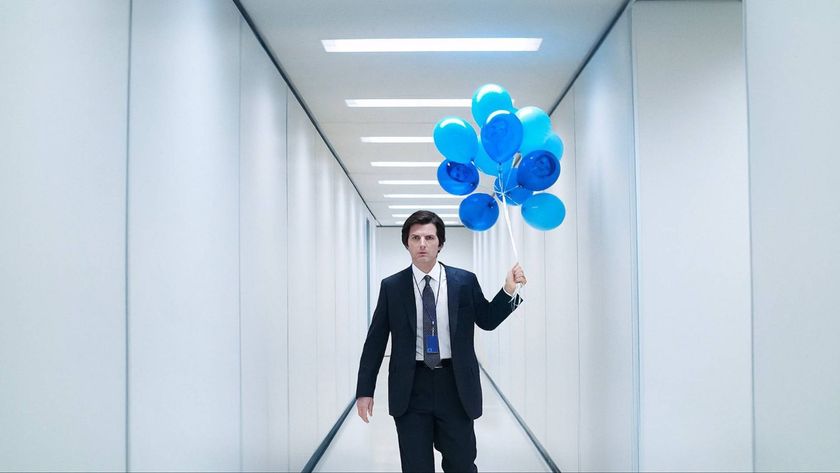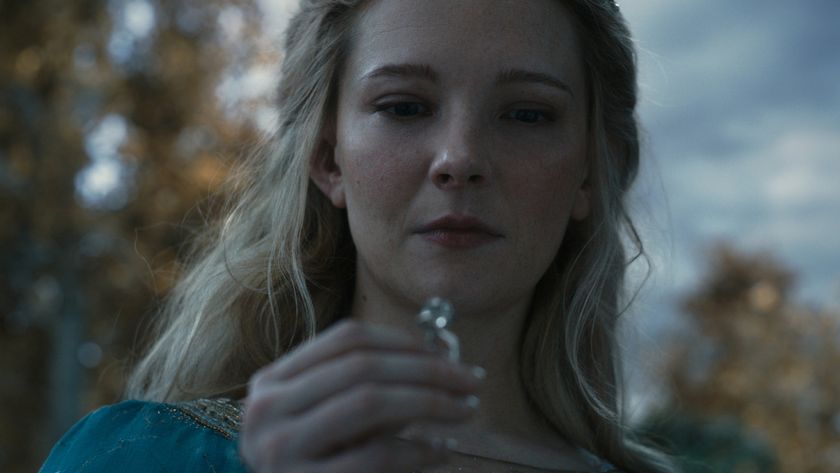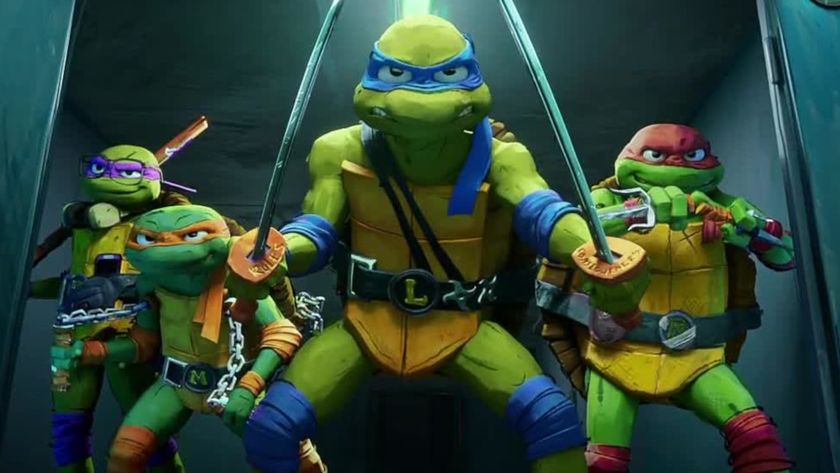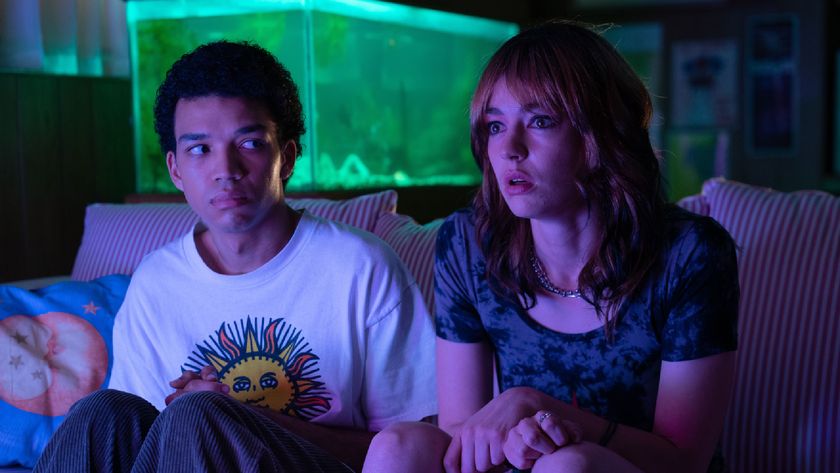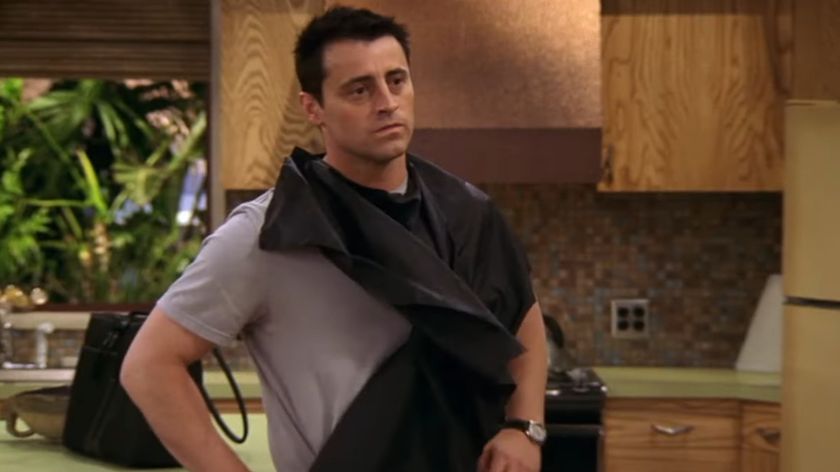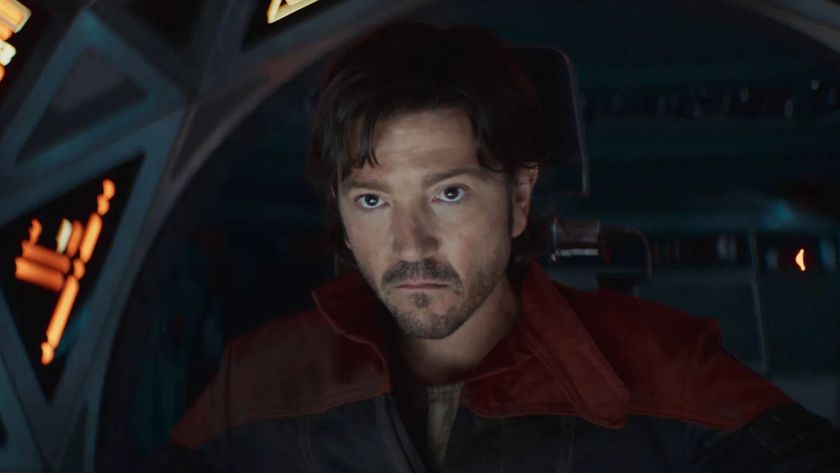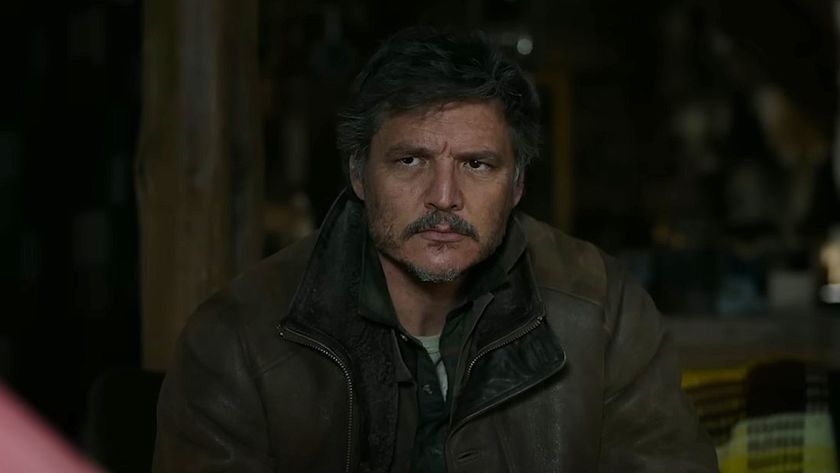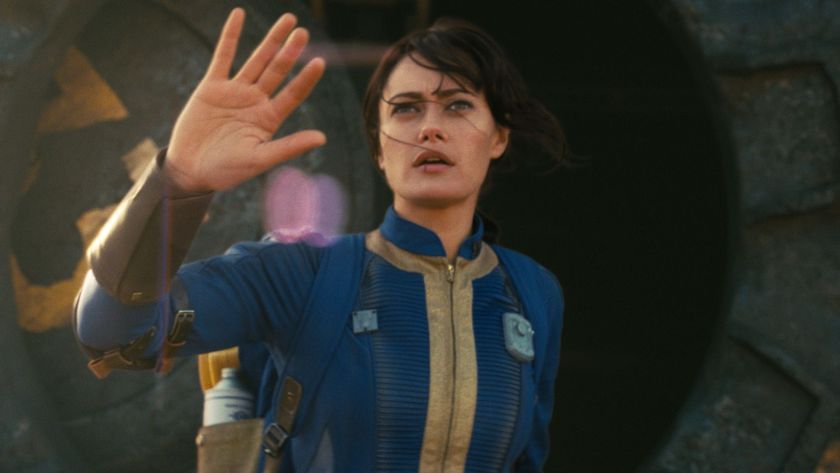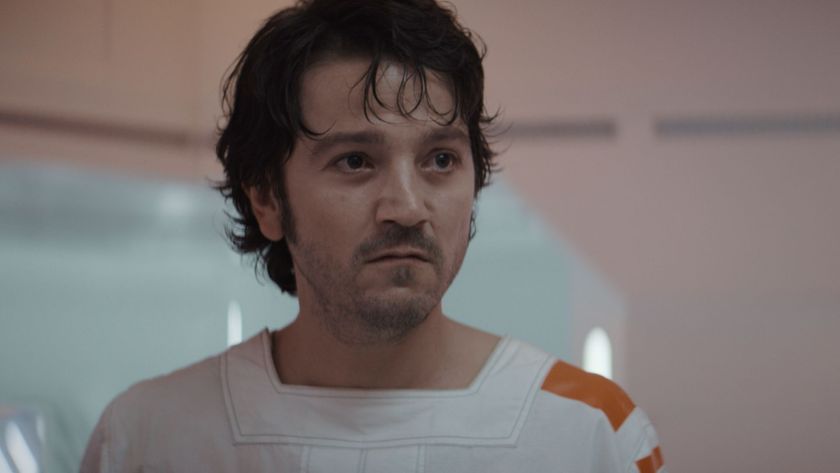This Twilight Zone Day, I can’t stop thinking about two of the show’s eeriest episodes
Opinion | 'Eye of the Beholder' and 'The Masks' are more than just visually creepy
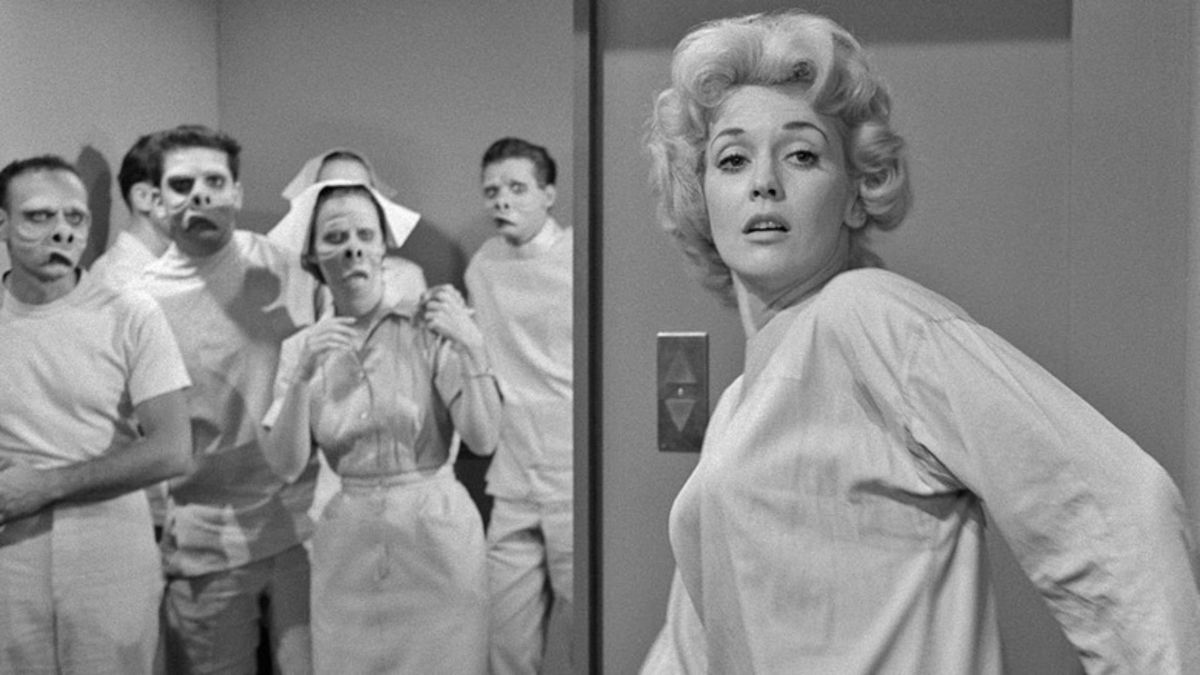
It's been 64 years since The Twilight Zone first crept onto our television screens, quietly unnerving us with the bleakest and most terrifying of tales. Created and hosted by the late great Rod Serling, The Twilight Zone remains one of the most influential television shows in pop culture history – and I can't imagine a world without it.
Though there are many standout episodes from the show's original 156-episode run, there are two in particular that have stuck with me my entire life. These particular episodes are among the most famous of the bunch, frequently ending up on many best-of lists, and often get confused with one another (though it's for a more than understandable reason).
'Eye of the Beholder' and 'The Masks' tell two different, but equally jarring, tales of 'inner' beauty. Both episodes were penned by Serling himself, whose writing often critiqued and explored the human condition – and flipped it on its head.
The old saying happens to be true
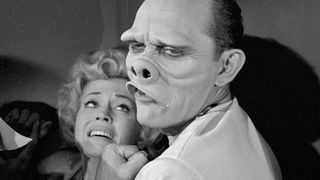
The season 2 episode, 'Eye of the Beholder,' transports the viewer to an alternate universe where the typical standards of beauty are reversed and humans are judged solely on their appearances. We meet a woman named Janet who has undergone eleven surgeries, the maximum number allowed by the government, in order to look like every other member of society. When it comes time for the reveal, the doctor takes off the bandages and declares that the procedure has failed.
But instead of something strange and disfigured, a beautiful woman stares back at us. It's not long until we learn why: the nurses and doctors are revealed to be horrifying creatures with dark, sunken eyes, twisted-up lips, drooping skin, and pig snouts for noses. Janet tries to escape the hospital and is luckily saved by a normal, attractive man named Walter – who plans to take her to a village far away from society where people of "her own kind" will find her beautiful.
Now the questions that come to mind: "Where is this place and when is it?" "What kind of world where ugliness is the norm and beauty the deviation from that norm?" You want an answer? The answer is it doesn't make any difference, because the old saying happens to be true. Beauty is in the eye of the beholder, in this year or a hundred years hence. On this planet or wherever there is human life – perhaps out amongst the stars – beauty is in the eye of the beholder. Lesson to be learned in the Twilight Zone.
Rod Serling, 'Eye of the Beholder'
Men, the macabre, and masks
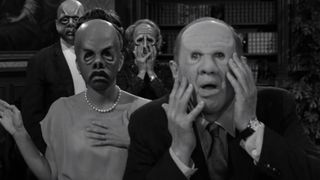
'The Masks,' season 5 episode 26, is a slightly similar tale that aims to teach the viewer that beauty truly is skin-deep. A wealthy old man named Jason Foster is on his deathbed – and his awful, selfish family comes to collect their inheritance.
Though they are deeply undeserving of his wealth, Foster plans to leave them his fortune anyway... but with a catch. He plans a 'special Mardi Gras party' where every member of the family, including himself, is to wear a mask. Foster unknowingly gives each member a gruesome, disfigured mask that is akin to their personality and they must wear the masks until midnight, or they won't receive the inheritance. Well, when the clock strikes 12 and Foster dies, the masks don't exactly come off. They rejoice in their newfound wealth for a moment or two before realizing that their faces taken on the features of the grotesque masks – and their physical appearance now permanently reflects who they are on the inside.
Sign up for the Total Film Newsletter
Bringing all the latest movie news, features, and reviews to your inbox
Mardi Gras incident, the dramatis personae being four people who came to celebrate and in a sense let themselves go. This they did with a vengeance. They now wear the faces of all that was inside them—and they'll wear them for the rest of their lives, sad lives now to be spent in shadow. Tonight's tale of men, the macabre and masks, on the Twilight Zone.
Rod Serling, 'The Masks'
A cut above
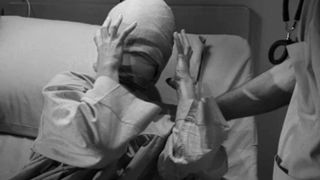
Though they're among the most famous, no doubt because of their jarring visuals and shocking reveals, the messages behind these two episodes are much deeper than we might realize. Sure, beauty is in the eye of the beholder. But it's also about fascism, about othering marginalized people. I hardly see articles or essays comment on one very specific part in 'Eye of the Beholder,' a two-second scene where the 'Leader' of the pig-faced society addresses his people via television broadcast. The speech is eerily reminiscent of fascist dictators of the past, which when you realize Serling served during World War II, adds a new dimension to this storytelling.
'The Masks,' on the other hand, poses something a bit more existential. I found a recent post in the r/TwilightZone subreddit with the title: ‘Hot take: The family in The Masks did nothing wrong and didn’t deserve what happened to them.’ The OP describes the family members as nice, cordial, and respectful. They outline the fate of each member, and describe how their behavior wasn't all that bad.
This baffled me, as well as several other people in the comments. "If they weren't horrible people, the masks wouldn't have become a permanent part of their faces, reflecting how ugly they are on the inside," someone wrote. That's the entire conceit of the episode. But OP and others were thinking beyond, questioning our motivations and intentions as human beings. "Are they really all that cruel? Did they really deserve their fate? People aren't inherently terrible like that. Even they are, they don't deserve to suffer? Right?"
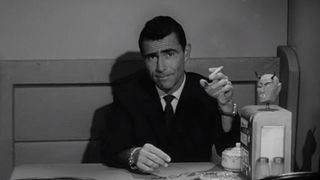
No matter how you feel about the ending, the fact that just two months ago people were having a heated discussion about the true moral takeaway from an episode of television that's more than 60 years old is nothing short of astonishing. And I think that says everything you need to know about The Twilight Zone, about what Serling was trying to accomplish. It doesn't matter whether you agree or disagree with the moral or lesson, or the fate of the characters – you end up taking part of the episode with you regardless, whether you realize it or not.
The Twilight Zone is streaming now in its entirety on Prime Video. For more, check out our list of the best TV shows of all time and our guide to the best shows on Amazon Prime Video.

Lauren Milici is a Senior Entertainment Writer for 12DOVE currently based in the Midwest. She previously reported on breaking news for The Independent's Indy100 and created TV and film listicles for Ranker. Her work has been published in Fandom, Nerdist, Paste Magazine, Vulture, PopSugar, Fangoria, and more.
